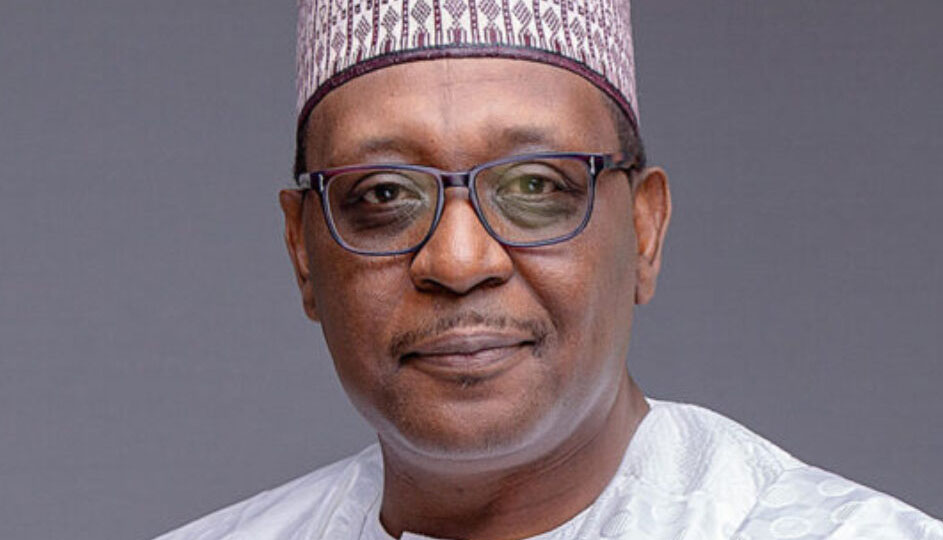
About 1,629 women have received free Fistula surgery, repair, and treatment under the National Health Insurance Authority (NHIA) Free Fistula Programme.
Director General of NHIA, Dr. Kelechi Ohiri, while disclosing this at the second steering committee meeting of the Fistula free programme in Abuja, stated that about N513,624,745.00 has been spent to support Nigerian women living with obstetric fistula, irrespective of their locations.
He noted that the programme became effective in June 2024 and would address clinical needs and also non-clinical needs of these women.
Ohiri observed that the NHIA identified and accredited healthcare facilities that can provide necessary secondary and tertiary care required by these women and identified independent administrators to create that additional layer of transparency and accountability.
He said, “We are working with the state health insurance schemes to ensure that they are actually enrolled into the health insurance, and then we are also counseling them on family planning services so that we minimize the cases where the same women when they go back into the communities, might actually have fistula again and then show up.”
The NHIA boss observed that the beneficiaries cut across different parts of the country and have already recorded impactful milestones and touched the lives of poor women.
“We hope that there will be no woman with fistula programme that with fistula who will miss out on and so we’re working with facilities, and one of the next steps will be how we engage civil society to make sure that the word is out there for more and more people to come in,” he said.
Ohiri said that NHIA is working with the State Health Insurance Scheme to ensure beneficiaries are enrolled after the surgery.
He also said that NHIA intends to expand its engagement with civil society and communities to ensure their livelihoods are fully restored.
Earlier, the Minister of Health and Social Welfare, Prof. Muhammed Ali Pate, said that the programme is in line with President Bola Tinubu’s vision to expand access to quality and affordable care, especially for the poor and vulnerable Nigerians.
Pate noted that since the launch of the initiative, there has been a significant change in care, and the remediation that women who have obstetric fistula have received.






